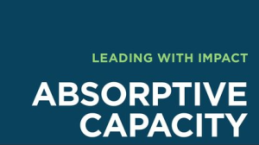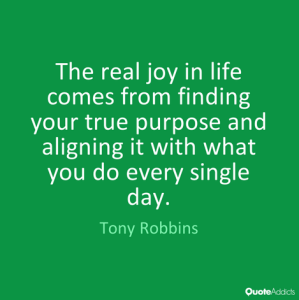
How often do you pause for thought, testing yourself, questioning even simply for ‘just those few minutes,’ to allow yourself to openly challenge where you are and what you are attempting to do?
We keep relentlessly moving on, like a wandering herd of buffalo, always looking for fresh pasture, those new feeding grounds. It’s not good.
Of course, I often get caught up in this restless pursuit of gathering more, when I spend a growing amount of my time researching innovation. I keep coming across so many things that ‘trigger’ the thinking, pushing me on.
Do you let them go, ignore them, quickly pass over them, or attempt to capture the issue as something well worth investigating further at a later stage, or just get them simply behind you in the here and now.
Continue reading “Walkabouts are needed for learning and testing ourselves”



 Don’t let anyone tell you it is easy to run your own business, it is far from that. I thought I’d write about what and where it has meaning for me in this “finding our true purpose”.
Don’t let anyone tell you it is easy to run your own business, it is far from that. I thought I’d write about what and where it has meaning for me in this “finding our true purpose”.